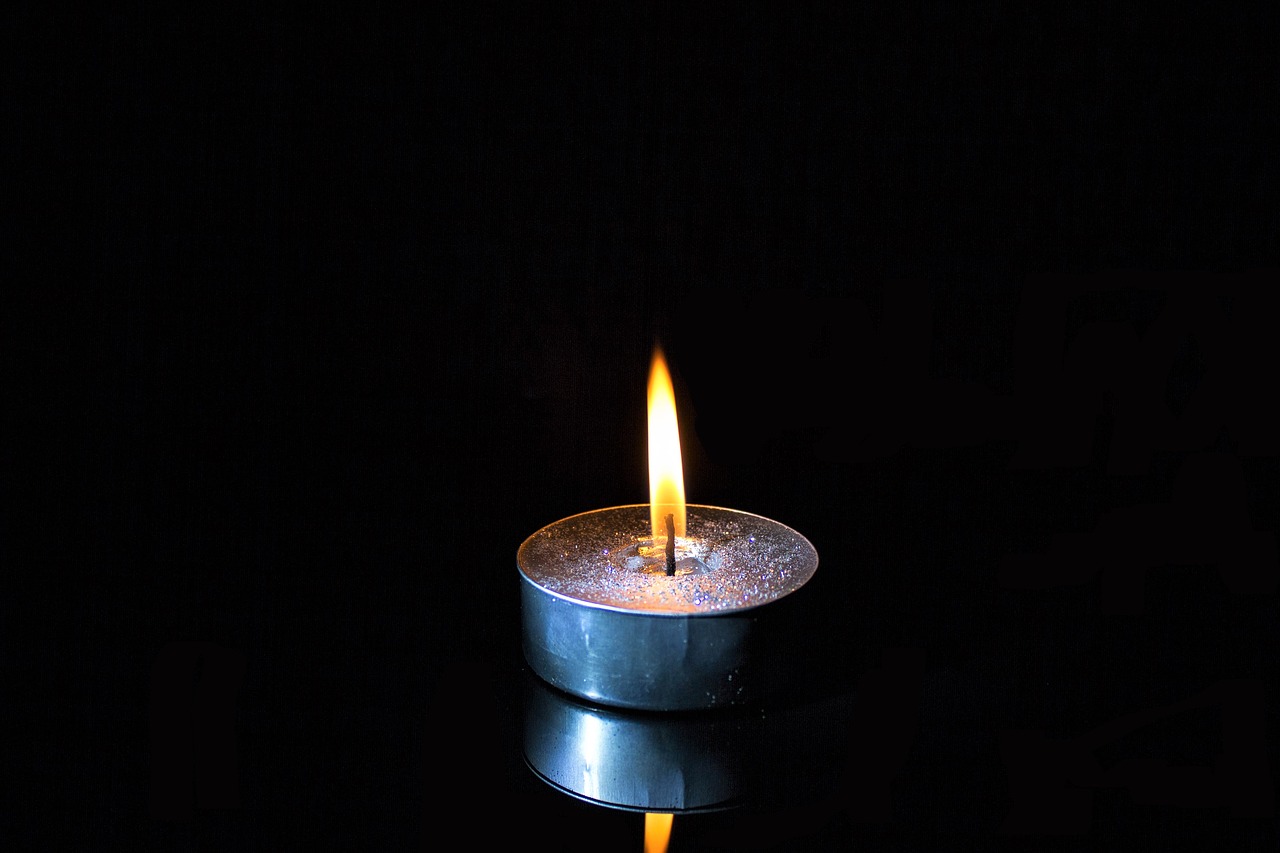
Written by Mercedes Miller
When one thinks of entering recovery, the thought of leaving the substance of choice behind is on the forefront of one’s mind. Saying goodbye to that substance and the relationship one had to it may not be as common, but experiencing grief and all the emotions that come along with it are normal.
Grief is a universally experienced emotion that can occur anytime a valued attachment to someone or something is severed or changed. Grief is usually discussed in terms of grieving the life of a loved one, but it is also experienced when one loses something else valuable: a job, a home, a relationship, or even a substance. You might be asking: but how do I grieve my addiction? How do I grieve the loss of alcohol or drugs?
Here are 5 ways to help you in your journey of grieving your addiction/grieving the loss of alcohol and/or drugs:
1) Imagine your addiction as a relationship
Recovery can feel like going through a bad breakup. We develop an emotional attachment to substances, just like we do with other humans. Imagining your addiction as a relationship provides an outlet for you to mourn the loss of that relationship, and this conceptualization can provide a platform for closure. Some people have referred to alcohol and drugs as “their best friend” – and this is a relationship that can be hard to lose!
2) Accepting the loss but appreciating the gain
The “good” parts of addiction can often go unrecognized, so mourning them can seem like a strange concept. An important part of the grieving process is to acknowledge that there maybe were some things that you enjoyed about alcohol or drugs, but that there are far more things that were negative. Try not to shy away from negative feelings, it’s okay to feel like you’ve lost something important to you. Once you’ve acknowledged the things that alcohol or drugs gave you, and the things that it took away, you’re able to accept the loss of these substances while also appreciating the gain of the new life that you’re able to live now.
3) Creating a goodbye ritual or ceremony
Just as you might write a letter to an ex-partner, or wish them a final goodbye, you may choose to do the same for alcohol, drugs and your addiction. Your relationship with alcohol or drugs may be changing and not diminishing forever, as alcohol is marketed as such a prominent part of society and hard to avoid, but saying your final goodbyes to your addiction can instill a feeling of closure. This ritual could look however you want it to: a letter, a bonfire or anything!
4) Create new rituals
One of the hardest parts of letting go of your connection to addiction, alcohol and/or drugs is the rituals you may have partaken in with friends that revolve around substances. Going out for drinks after work, going out to the bar for birthdays or any ritual that was involved in your addiction can feel like a symbolic way of connecting to other humans. An important step in recovery can be to re-create rituals with loved ones that don’t involve substances. These can include going to a coffee shop after work instead, sober game nights for birthdays or getting out into nature. Get creative while creating new, meaningful ceremonies in your life.
5) Re-write your new, non-addiction story
An interesting way to conceptualize your recovery journey can be to imagine your life as a storybook with different chapters. You are able to write the past chapters of your life how they played out, again acknowledging the chapters that may have involved addiction. What’s great about this is that you have the power and control to rewrite the next chapter! You are able to re-construct a non-addiction identity and make the next chapter of your life whatever you feel is fulfilling.
Just as recovery is a lifelong journey, grief is also a journey and an emotion that will not pass in a single day. These are some tools that can help you on your journey of grieving alcohol, drugs, addiction and your relationship to all of those. This can be a tough journey to take on – so I commend you for having the strength and the bravery to begin!

Mercedes Miller is a Masters’ student in Counselling Psychology at Adler University and recently completed her Social Justice Practicum with Avalon Recovery Society for the 2019/2020 academic year.
Mercedes has a Bachelor of Arts in Psychology and volunteered at ANOVA, a shelter for women experiencing domestic violence in her hometown of London, Ontario. She says her experiences have led her to be very passionate about feminism and supporting all women.
